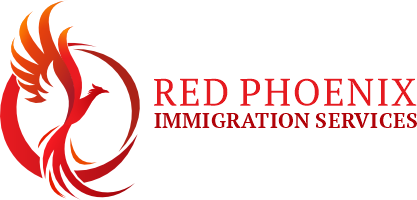Start a Business in Canada as a Foreigner
How to start business in
Canada ?
Starting a business in Canada involves several key steps. Here is a general overview of the process:
Research and Planning:
- Identify your business idea: Determine the type of business you want to start based on your interests, skills, and market demand.
- Conduct market research: Assess the potential demand for your product or service, competition, and target market.
- Develop a business plan: Create a comprehensive plan outlining your business objectives, target market, marketing strategies, financial projections, and operational details.
Choose a Business Structure:
- Decide on the legal structure: Choose whether to operate as a sole proprietorship, partnership, corporation, or other legal entity. Consider factors such as liability, taxation, and ownership structure.
Register Your Business:
- Choose a business name: Select a unique name for your business and ensure it complies with the regulations of the province or territory where you plan to operate.
- Register your business: Register your business with the appropriate government authorities. This may involve registering for a Business Number (BN), GST/HST account, and any necessary permits or licenses.
Financing Your Business:
- Determine your financial needs: Assess the financial resources required to start and operate your business. This may include startup costs, operating expenses, and working capital.
- Explore financing options: Consider various funding sources such as personal savings, loans from financial institutions, government grants or loans, and venture capital.
Location and Premises:
- Secure a business location: Determine whether you need a physical location for your business and find a suitable commercial space or office.
- Obtain necessary permits and licenses: Research and obtain any permits, licenses, or certifications required to operate your business legally.
Set Up Operations:
- Establish business processes: Develop operational procedures, including inventory management, hiring practices, customer service, and any other necessary processes specific to your business.
- Hire employees (if needed): Determine your staffing requirements and recruit qualified employees. Familiarize yourself with employment laws and regulations.
Marketing and Promotion:
- Develop a marketing strategy: Identify your target audience and create a marketing plan to promote your products or services.
- Build an online presence: Establish a website and utilize social media platforms to reach your target market and build brand awareness.
Compliance and Legal Considerations:
- Understand legal obligations: Familiarize yourself with legal requirements, such as business taxes, employment standards, and industry-specific regulations.
- Obtain necessary insurance: Determine the insurance coverage needed to protect your business, employees, and assets.
Starting a Business in Canada Requirements
The specific requirements for starting a business in Canada can vary depending on the province or territory where you plan to operate. However, here are some common requirements:
